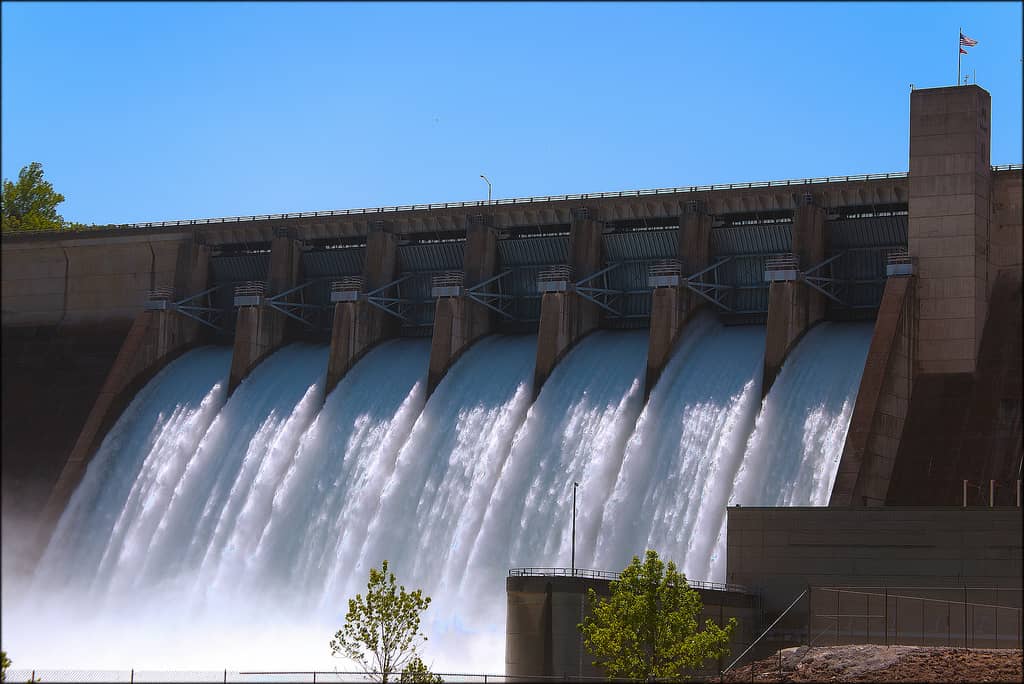The Foundation for Environmental Rights, Advocacy & Development (FENRAD) an Environmental Rights Advocacy Organization has expressed deep concern over the recent and ongoing release of water from major dams by neighbouring African countries, which, according to it, poses a serious flooding threat to Nigeria’s coastal and low-lying states.
This alarming situation, says the foundation, coupled with the increasing impacts of climate change, calls for immediate coordinated action from both federal and state governments, as well as local communities.
Looking down memory lane, Fenrad observed that in recent years, Nigeria has witnessed devastating floods resulting from dam discharges, poor drainage infrastructure, and extreme weather patterns driven by climate change.
Distressingly, these floods have displaced thousands, destroyed farmlands, and disrupted livelihoods, especially in states like Kogi, Anambra, Bayelsa, Rivers, Delta, and parts of the South East and South West regions.
FENRAD warns that unless adequate preparedness measures are urgently put in place, this year’s flooding could be even more catastrophic.
Speaking through it’s Executive Director, Comrade Nelson Nnanna Nwafor, FENRAD has made a call on the National Emergency Management Agency (NEMA), State Emergency Agencies, and all relevant government institutions to activate early warning systems, intensify public sensitization, and implement disaster preparedness plans.
The foundation also insists that communities at risk must be engaged and supported with evacuation plans and flood mitigation strategies.
Urging swift action, Comrade Nwafor stated: “We urge regional cooperation and diplomatic engagement with neighbouring countries to ensure coordinated dam management practices that minimize downstream impacts.
“We appeal to the Federal and State governments to prioritize long-term climate adaptation measures, including the completion of the Dasin Hausa Dam, improvement of Nigeria’s drainage infrastructure, and the mainstreaming of climate resilience into development planning.
“Climate change is real and its impacts are no longer distant threats—they are crises unfolding before our eyes”, concluded Nwafor.







